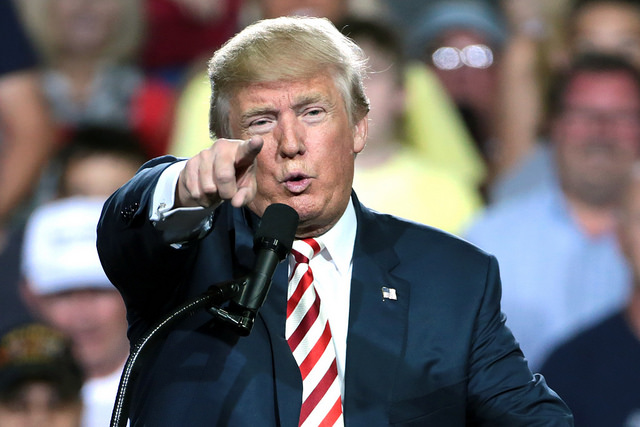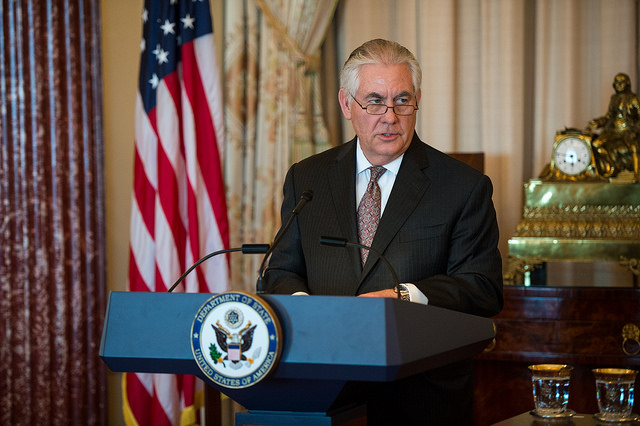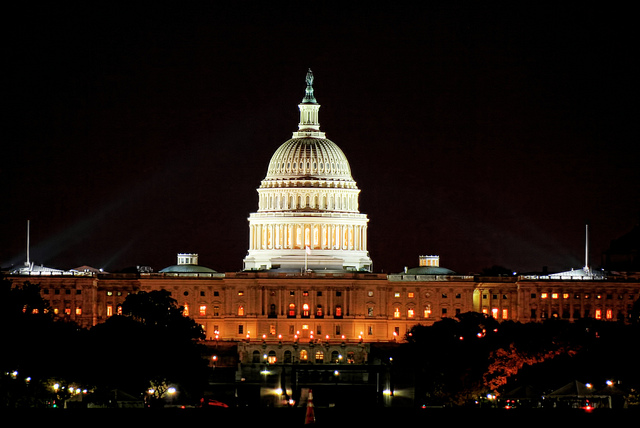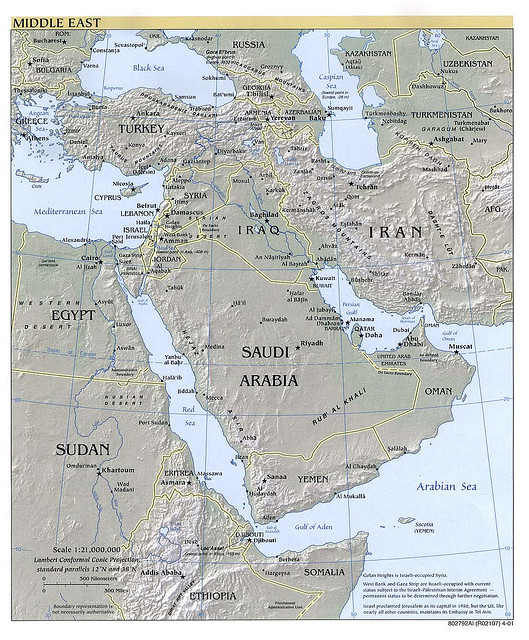In response to a memorandum issued to United States consulates and embassies around the world by President Trump and his administration on March 6, consular officials at U.S. embassies around the world are now taking tougher measures to enhance security screening of U.S. visa applicants to prevent potential security threats from entering the United States. Enhancing vetting procedures are intended to target individuals from certain “countries of concern” including the six countries of concern listed in the President’s travel ban: Syria, Sudan, Somalia, Yemen, Libya, and Iran, as well as others.
Applicants for U.S. visas from “countries of concern” can expect to undergo additional vetting procedures immediately. The U.S. Department of State has been using a supplemental questionnaire called the DS-5535 since May 25, 2017 which asks both immigrant and non-immigrant visa applicants a series of detailed questions to help consular officials determine whether a visa applicant must go through enhanced vetting to determine whether the individual poses a national security threat, or other potential threat to the United States. The questionnaire has been used as a temporary emergency measure in response to the President’s March memo, which called for enhanced screening of visa applicants, and what he has called “extreme vetting” of foreign nationals admitted to the United States.
 Visa Lawyer Blog
Visa Lawyer Blog







